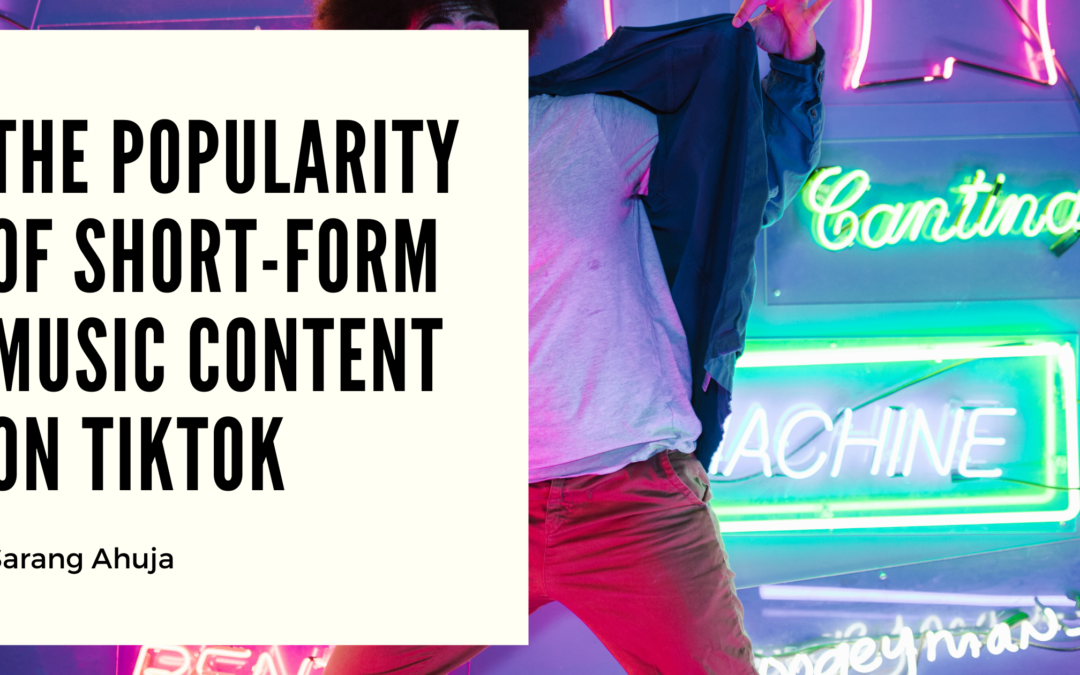TikTok has become a cultural phenomenon, transforming not only how we consume social media but also how we engage with music. The platform’s success has largely been driven by its short-form content, where music plays a central role in creating viral trends. From catchy dance challenges to creative lip-syncing videos, TikTok has redefined the relationship between music and social media, giving rise to a new form of musical expression that has caught the attention of millions, including the music industry itself.
One of the main reasons for the popularity of short-form music content on TikTok is its accessibility and ease of use. With videos typically lasting between 15 to 60 seconds, users can quickly create and consume content without investing significant time or effort. This brevity appeals to the fast-paced, mobile-first generation of users who crave instant entertainment and gratification. In just a few seconds, a song can become associated with a viral dance or challenge, making it instantly recognizable and propelling its popularity far beyond the platform.
TikTok’s algorithm is another driving force behind the popularity of short-form music content. The platform’s “For You” page curates personalized content based on a user’s interaction history, which means that even lesser-known songs can go viral if paired with engaging or creative content. This democratization of music discovery has disrupted traditional methods of promotion. Songs that trend on TikTok often find their way onto global music charts, as users flock to streaming services like Spotify to hear the full track. In many cases, TikTok’s influence is so strong that songs originally released years ago are rediscovered and become hits once they are used in viral trends.
The platform’s focus on music-driven content has also led to a shift in how artists and record labels approach music creation and promotion. Artists now consider TikTok’s virality potential when crafting songs, with many creating snippets designed to be looped or used in challenges. Labels, too, are partnering with TikTok influencers to strategically promote tracks, recognizing that a viral moment on the app can lead to millions of streams and a boost in visibility. TikTok has also become a launching pad for new artists, offering a level playing field where unknown musicians can reach massive audiences if their content resonates with the user base.
Beyond music promotion, TikTok has revolutionized how people interact with songs. Users engage with music not just as passive listeners, but as creators who shape the narrative around the track. Whether it’s through dance challenges, storytelling, or humor, users infuse songs with new meanings, making them more than just soundtracks to videos. This participatory culture empowers users to become part of the music’s journey, adding layers of creativity and reinterpretation that keep the content fresh and exciting.
As TikTok continues to grow, the popularity of short-form music content shows no signs of slowing down. The platform has fundamentally changed how we discover and interact with music, blurring the lines between listeners, creators, and artists. With its ability to make songs go viral in mere seconds, TikTok is shaping the future of music in ways that were unimaginable just a few years ago.

